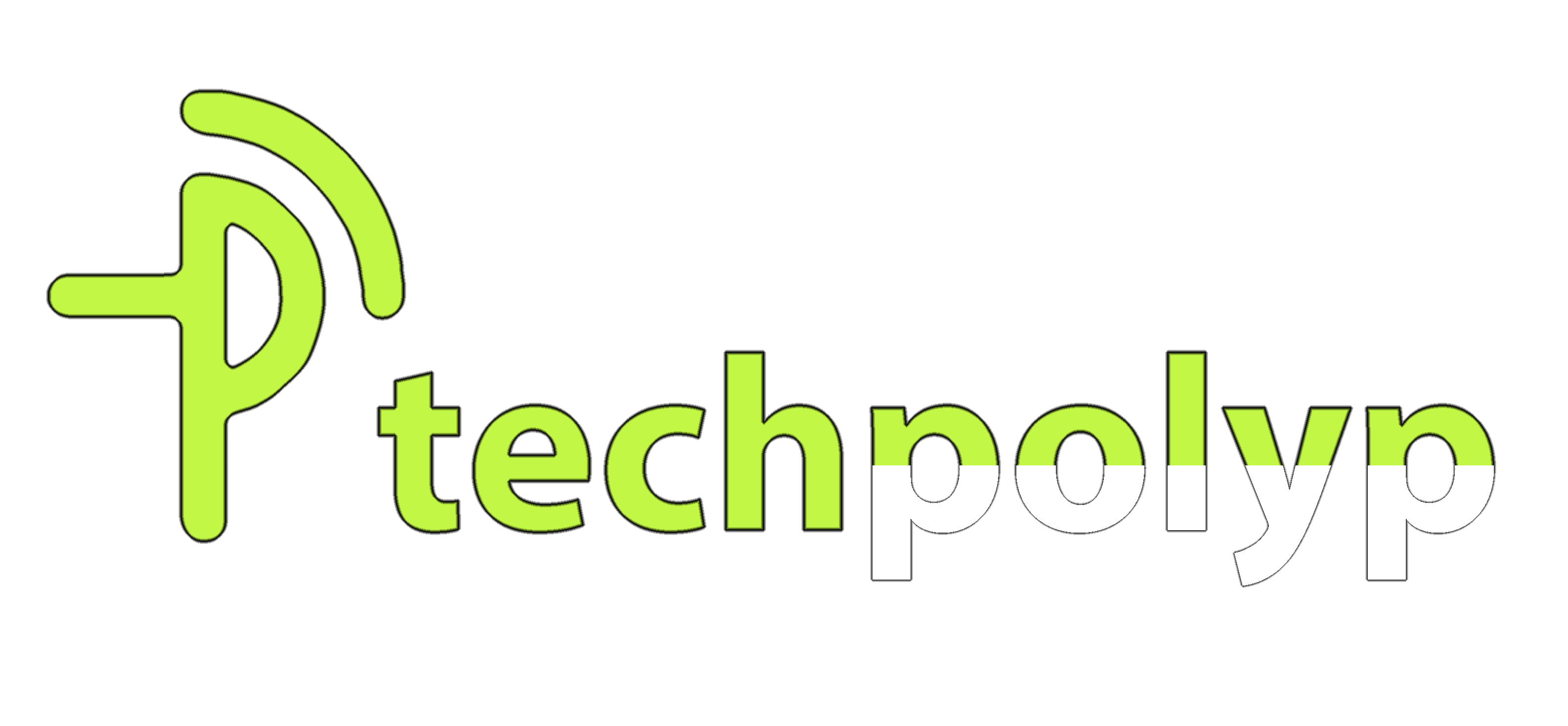When you purchase through links on our site, we may earn an affiliate commission. This doesn’t affect our editorial independence.
The emergence of Chinese rival DeepSeek has increased demand for low-cost AI models, prompting Google to introduce some updates to its Gemini collection, including a more affordable option.
Google has introduced a new series of less expensive AI models in the Gemini family. One of them is the Flash Lite. It is the company’s lightest model and is significantly lighter than previous models.
DeepSeek’s entry into the generative AI space stunned big tech globally. Its emergence left investors wondering how the Chinese company achieved the production of a potent and sophisticated AI model like Google and OpenAI’s, at a quarter of the cost.
Google and other companies have begun to release less expensive AI services that can rival DeepSeek’s low costs. On Wednesday, the Alphabet-owned company said that it would provide a more affordable range of generative AI models in its Gemini family.
Introducing Google Flash Lite
Flash Lite is a less expensive and lighter version of the already existing lightweight, Flash. Flash Lite’s tariff is around $0.019 for 1 million bits of data processed, which is less than the $0.075 cost of OpenAI’s least expensive version. DeepSeek remains the leader in budget-friendly AI, with its model costing only $0.014 per million bits of data analyzed.
Despite the release of budget-friendly models, Google is still poised to go ahead with its plans to spend $75 billion to proliferate its AI models globally.
Google Lift Own Restriction On AI Use For Weapons Systems
Google recently altered its AI framework policy in some unexpected ways. The company’s earlier commitments to not allow the use of its AI in armament and surveillance was inexplicably removed from its new AI policy. The company declared in 2018 that it would not utilize AI for “weapons or other technologies whose principal purpose or implementation is to cause or directly facilitate injury to people.”
The policy has been updated to say, instead, “We are implementing appropriate human oversight, due diligence, and feedback mechanisms to align with user goals, social responsibility, and widely accepted principles of international law and human rights.” The policy’s expungement was criticized by many people. Many were surprised that a respectable business like Google would scrap its serious commitments about using AI responsibly, without any explanations.










